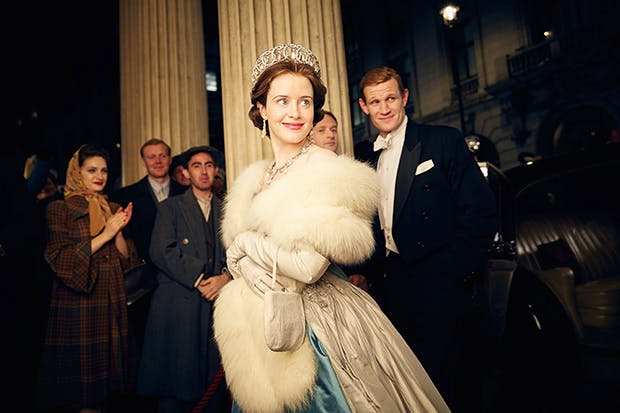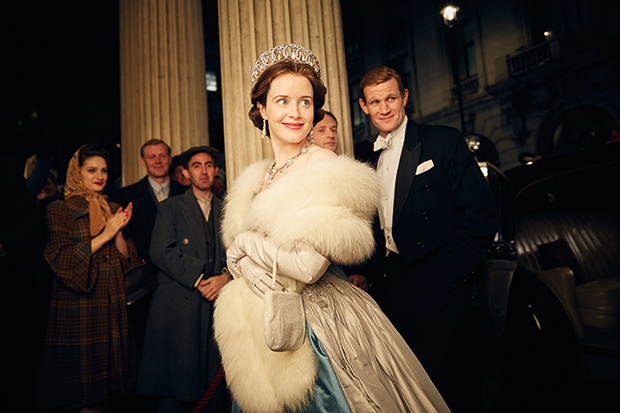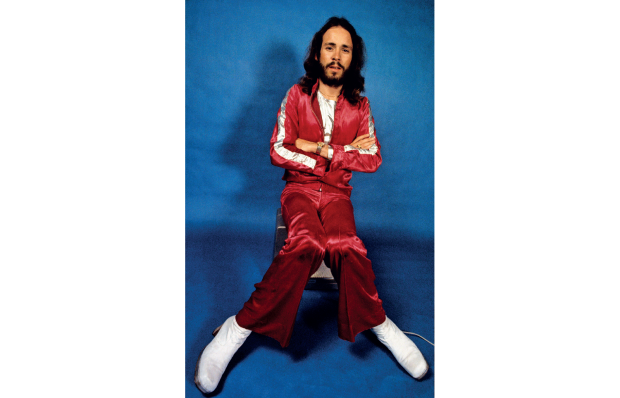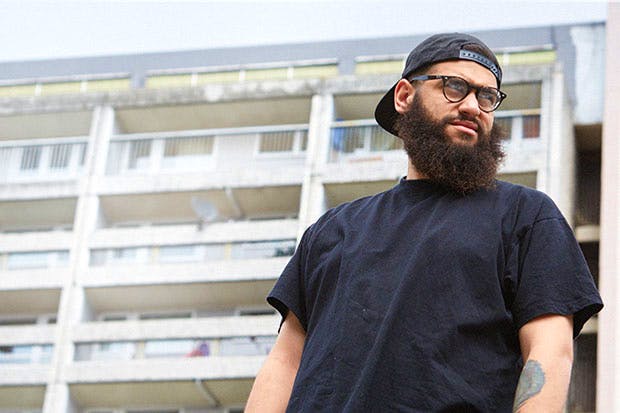St James’s Palace. 1953. A dynamic Duke of Edinburgh is relishing a ding-dong with the antediluvian fossils of the Coronation Committee. He wants to embrace modernity by allowing the BBC to televise the ceremony. The ‘grey old men’ want to continue doing things in exactly the same way that they have been done since 1066. Modernity prevails and the coronation is the biggest television spectacular there has been.
This episode, splendidly recreated with a little artistic licence in The Crown, Netflix’s epic about the Queen, was a tipping point in terms of the public’s acceptance of the medium of television. Many viewers acquired their first sets for the sole purpose of watching the coronation.
Now, in the television world, the wind of change is rising again. We might come to regard The Crown itself as another tipping point: marking the watershed moment when power began to ebb from the once-mighty BBC drama department to young pretenders such as Netflix and Amazon.
According to industry gossip, writer Peter Morgan penned a couple of episodes on spec and took them to the BBC. The corporation loved it but simply couldn’t afford to make it. Netflix stepped in and ordered two seasons for a reported £100 million. The Beeb’s entire annual drama budget is estimated to be around £220 million.
Reviewing The Crown in The Spectator two weeks ago, James Delingpole suggested that readers should ‘subscribe to Netflix asap …and give up on terrestrial TV altogether’ — and ever-growing numbers are doing just that.
More than a quarter of the adult population of Britain now subscribe to video streaming services such as Netflix and Amazon. And almost half of those subscribers — some six million people — say they now rarely watch normal TV any more.
And why would they, when the streaming services have the likes of Stranger Things, The Night Of and Westworld, as well as old favourites such as Veep, Game of Thrones and The Walking Dead.
Of course, the corporation has had its successes. War and Peace and The Night Manager were big hits this year. But BBC director-general Lord Hall has admitted: ‘We can’t win against a Netflix or an Amazon because their budgets are just so much bigger.’
And, talking to the people who write, direct and produce British TV drama, there is a definite sense that the tectonic plates are shifting. One source initially declined to talk to The Spectator, but later changed his mind after learning that the title for a new BBC show was to be decided not by the filmmakers but by the scheduling department.
‘We are now in a world where schedulers decide a show’s title, irrespective of the wishes of the show’s creators, thereby running the risk of killing the show by giving it a nonsensical title that has nothing to do with what the writer intended,’ the source writes.
‘This. Would. Never. Happen. On. A. US. Cable. Or. Streaming. Network.’
He thinks there’s no way the BBC can compete with Netflix et al. They just don’t have the ability to attract talent.
‘Anyone who can get a green light from streaming or cable networks will go there,’ he says. The creative control is greater — the US showrunning culture demands this — and the personal pay cheques are ‘FAR bigger’.
Creatively, the BBC could still hold its own. ‘Money doesn’t make the writing or ideas better, only the realisation.’ But ‘the UK industry is a shambles’, he says, condemning the way in which ‘the UK system micromanages writers. A committee of commissioners, channel controllers, producers, execs and script editors all collude to try to tell a writer what to write and how to write it, destroying writers’ authorship.
‘It’s almost as if there’s a fear that if the show creators realise their power, and try to exercise it, a lot of people will be out of a job, so they’d better keep the fuckers down before they get any big ideas.’
Another source, who has scripted several very successful series for the BBC, describes the new landscape: ‘Until relatively recently, when you had an idea you’d go to the BBC. If they didn’t like it, you’d go to ITV. If they didn’t like it, you’d go to Channel 4 and if they didn’t like it, you were buggered.
‘Now the marketplace is completely different. If you have a certain sort of idea, you go straight to Netflix or Amazon. Think of Stranger Things — wonderful show, big Netflix hit. No way the BBC would have done that.
‘The typical BBC1 audience is in its fifties so the BBC’s instinct is always to play safe — let’s just do the same sort of thing that worked last time.’
‘As for the really high-end stuff like The Crown, unless [the BBC] do co-productions, which means they lose editorial clout and they hate that, they’re just going to have to put up with Netflix or Amazon doing those.’
A recurring theme was Netflix et al’s ‘hands off’ approach to drama production — simply stumping up the cash and then disappearing to await delivery of the film — compared with the BBC’s perceived insistence on ‘interfering’.
Also, there was a feeling that the streaming services have a greater appreciation of creative talent, echoing what Jeremy Clarkson recently said: ‘When you send Amazon a film, their television people in Los Angeles, they ring up and squeak with joy. What you never get at the BBC is that — ever.’
It wasn’t, however, all doom and gloom. One source (no one wanted to talk on the record) said: ‘Anyone predicting the demise of BBC drama is being premature. Not everything has to be expensive. It’s all about the story and not all stories need clippy-cloppy horses.’
This is a valid point. The BBC’s best offering this year was Fleabag, a six-part tragicomedy set in contemporary London that managed to be both hilarious and heartbreaking. Amazon picked it up and promoted it in the US, where viewers loved it and heavyweight critics proclaimed it a work of genius, yet the entire series was probably made for less than it cost to feed the cast of The Crown for a day.
Got something to add? Join the discussion and comment below.
Get 10 issues for just $10
Subscribe to The Spectator Australia today for the next 10 magazine issues, plus full online access, for just $10.














Comments
Don't miss out
Join the conversation with other Spectator Australia readers. Subscribe to leave a comment.
SUBSCRIBEAlready a subscriber? Log in